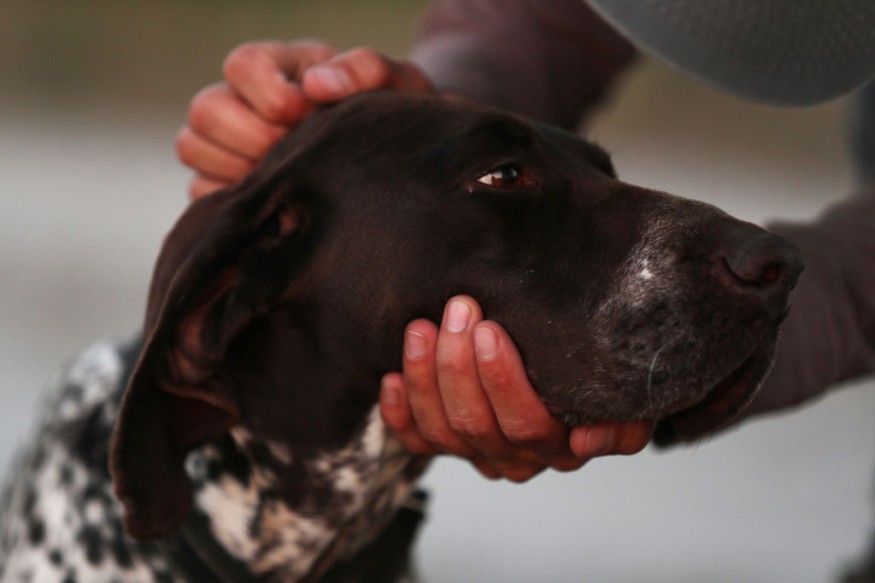
As shown in a literature review of 426 Italian dog owners released in Scientific Publications, emotion regulation modifications displayed by canines after the passing of companion canine in the same residence could be symptomatic of distress.
Dogs Go Through Grieving Behavior Study Finds
According to News Scientist, animal lovers may have presumed it for a considerable time, but recent research has discovered that approximately 90% of dogs who undergone the passing of a friend dog in much the same residential area exhibited undesirable behavior in the immediate aftermath.
This includes appearing less fun, consuming lesser, begin to interact anxious and wanting more supervision.
Federica Pirrone and associates questioned persons whose beloved dog had perished while they also kept at least another one canine.
The guardians, nearly half of which had bereaved their dog in the previous years, were questioned if there had been any adjustments in the remaining pet's conduct since the bereavement.
Furthermore, homeowners mentioned the earlier bond among their pets as well as their own degrees of grief following the death.
Associate professor at the University of Milan in Italy, Federica Pirrone explained that the action might be a sign of pain.
Whereas grief-like behavior has been observed in creatures such as elephants, orcas, and chimps, it has not been studied in canine, despite numerous reports from owners.
Pirrone's team polled 426 individuals who owned at least 2 canines, one of which had perished, and inquired about any behavior on the part of the remaining dogs.
Following the loss of their other dog, 86% of parents saw a detrimental shift in the attitude of their remaining dog, with 32% said they lasted within 2 and 6 months, while 25% said they lasted more than 6 months.
When asked to explain these lifestyle patterns, 67% of owners said the living pets became affection demanding, 57% said they interacted lesser, and 46% said they grew less energetic.
Meanwhile, 35% of owners said their remaining dog napped ever more and grew scared, 32% said they consumed lesser, and 30% said they whined or barked excessively.
Before the death of their pet, 93% of owners indicated that their canines had stayed alongside for more than a year, and 69% regarded their dogs'connection as amicable.
Also read: Space Rock That Fell off a Dog Kennel's Wooden House Goes for Auction
How Dogs React After Death of Companion
Assuming that the dogs had a close friendship, particularly if they used to share a meal acceptable, these pups were much more probable to grieve their recently departed partner.
However, they were more likely to be negatively affected if their holder was also experiencing grief, implying that they were responding to the host's altered behavior as well.
According to Pirrone, canines have grown extraordinarily sensitive to the emotional communicating movements and nonverbal cues.
A caretaker and a dog build a personal bond. The dogs' responses were unchanged by the length of time the two dogs had recognized one other, yet virtually all of them had resided alongside for longer than one year.
According to Pirrone, a puppy's thoughts is comparable to that of a real infant around the age of two.
It is reasonable to anticipate that detachment from a friend would result in adverse outcomes that intersect with those that we ordinarily perceive as grieving.
The researchers state that grief-like reactions in dogs may be a significant animal social assistance concern that has gone unnoticed.
© 2025 NatureWorldNews.com All rights reserved. Do not reproduce without permission.





